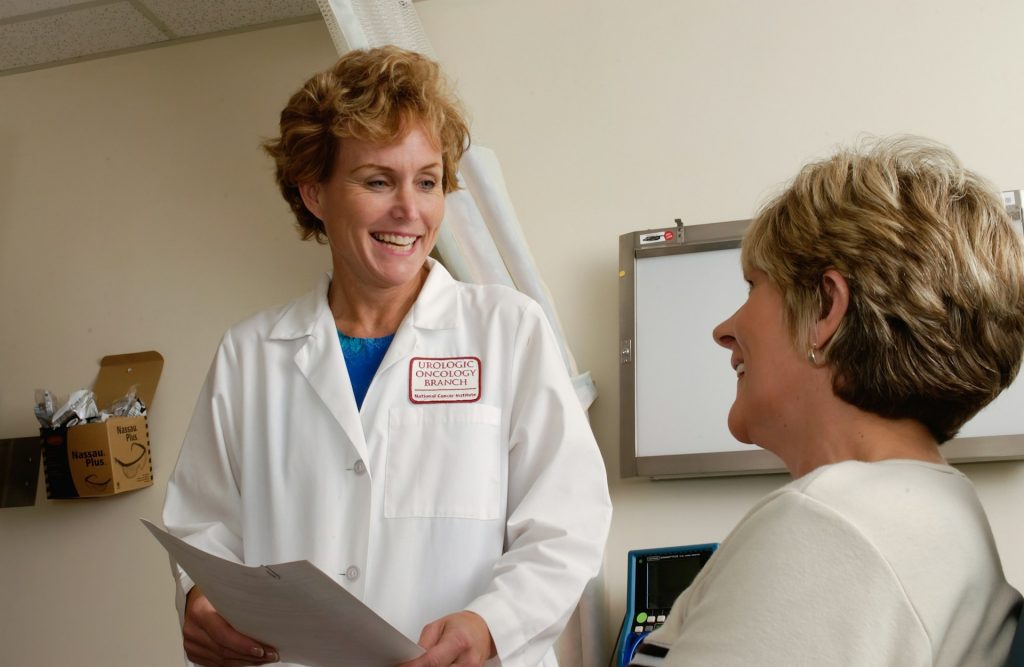Safety is a top priority in clinical trials, and rigorous measures are in place to protect participants throughout the study. Here’s an overview of the key safety protocols and what you can expect during your involvement in a clinical trial.
1. Comprehensive Screening Process
Before enrolling in a clinical trial, you will undergo a thorough screening process. This includes a review of your medical history, current health status, and any relevant tests to ensure you meet the study’s eligibility criteria. This process helps identify any potential risks and ensures that the trial is appropriate for your condition.
2. Detailed Informed Consent
Informed consent is a critical component of clinical trials. You will receive detailed information about the study’s purpose, procedures, potential risks, and benefits. The consent form outlines what to expect and your rights as a participant. You’ll have the opportunity to ask questions and discuss any concerns before agreeing to participate.
3. Regular Monitoring and Assessments
Throughout the trial, you will undergo regular monitoring and assessments to track your health and response to the treatment. These assessments may include physical exams, laboratory tests, and questionnaires. This ongoing monitoring helps identify any adverse effects early and ensures that any issues are addressed promptly.
4. Safety Protocols and Guidelines
Clinical trials follow strict safety protocols and guidelines to protect participants. These include procedures for reporting and managing adverse effects, maintaining confidentiality, and ensuring that the study adheres to regulatory standards. The research team is trained to handle any safety concerns and act swiftly if any issues arise.
5. Access to Medical Support
Participants have access to medical support throughout the trial. If you experience any symptoms or side effects, the research team will provide care and guidance. You can also contact them at any time with questions or concerns about your health or the study.
6. Independent Oversight
Clinical trials are overseen by independent review boards (IRBs) or ethics committees. These organizations review the study’s protocol and monitor its progress to ensure that it meets ethical and safety standards. Their role is to protect participants and ensure that the trial is conducted responsibly.
7. Clear Communication
Effective communication is essential for maintaining safety. The research team will keep you informed about the study’s progress, any changes to the protocol, and any new findings that may affect you. Open communication helps ensure that you are aware of any developments and can make informed decisions about your participation.
8. Right to Withdraw
Your participation in a clinical trial is entirely voluntary. You have the right to withdraw from the study at any time, for any reason, without penalty. If you decide to leave the trial, the research team will provide support and ensure that you receive appropriate care.
At Ashby Foote Research Studies, we are dedicated to upholding the highest standards of safety in all our clinical trials. Our commitment to rigorous protocols and participant care ensures that your well-being is always our top priority.

